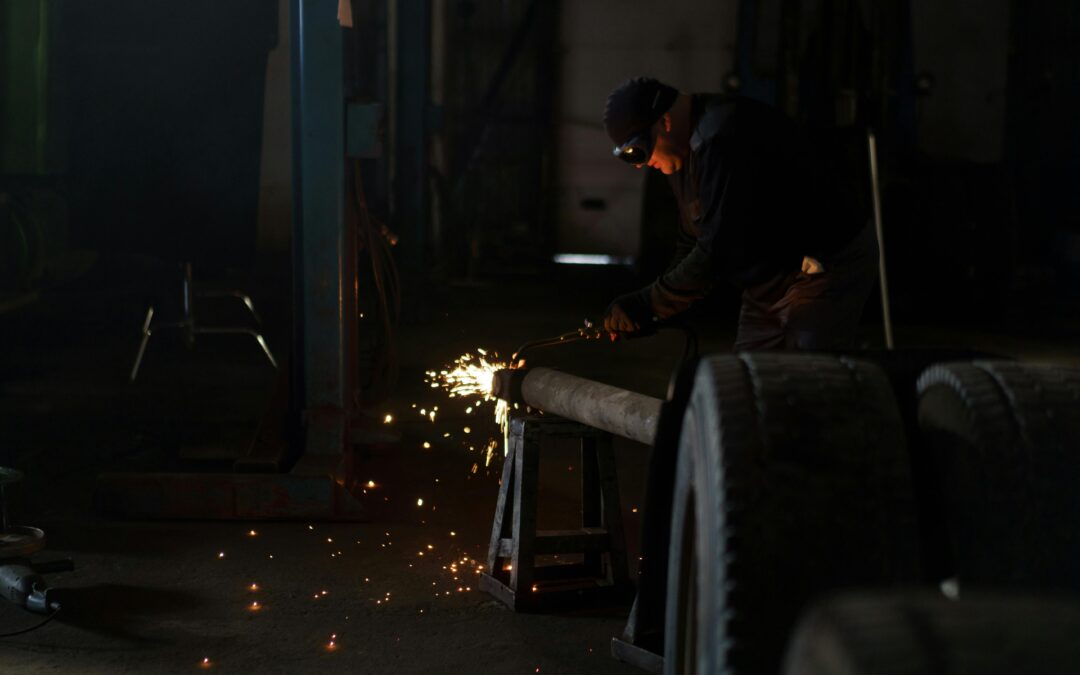A professional known as a pipeline welder is responsible for the enduring assembly and installation of piping systems, examining the materials of these pipes, upholding the welding machinery, and affirming that the pipeline adheres to the required standards. To ensure accurate and compliant assembly of the metal pipes, they rely on blueprints and schematic drawings. Pipeline welders are also required to adhere to stringent safety measures while on the job to minimize accidents and to ensure they deliver work that meets the high standards demanded by their clientele.
Earn a high school diploma or GED
Numerous positions for pipeline welders don’t necessitate a college education; however, a high school diploma or GED is often essential. The competencies imparted during high school, such as those from math and vocational training classes, are beneficial as welding involves taking precise measurements and operating substantial equipment.
Complete an apprenticeship
Apprenticeships in pipeline welding typically span across three to four years and encompass both on-the-job training and classroom education. During these programs, apprentices are expected to undergo at least 2,000 hours of practical training under the guidance of an experienced pipeline welder. Through their apprenticeship, participants acquire skills in tool and machinery operation specific to the trade, the interpretation and application of blueprints, as well as effective communication with colleagues and clients. They also develop problem-solving strategies relevant to the field. Successful completion of an apprenticeship not only equips individuals with the necessary expertise to pursue a career in pipeline welding but also allows them to gain valuable insights by observing seasoned professionals at work. This experience provides a competitive edge when seeking employment, as it prepares candidates who are ready to contribute without the need for considerable additional training.
- Reading blueprints and diagrams
- Solving problems related to piping
- Preparing welding materials
- Assembling and fusing piping together with welding tools
- Using correct equipment and welding methods
- Making sure welds follow accurate specifications
- Following safety procedures
Become certified
Many employers favor job candidates who hold a pipeline welding certification, which can be a distinguishing factor in securing employment. This certification is evidence of your expertise and proficiency in welding, even for those who may be newcomers to the industry. One can acquire this valuable certification through vocational programs designed to prepare individuals for the qualifying exam or by participating in the online courses and certification offered by the American Welding Society (AWS), which do not necessitate previous welding experience. To ensure the AWS pipeline welding certification retains its validity, it’s important to undergo recertification every six months.



